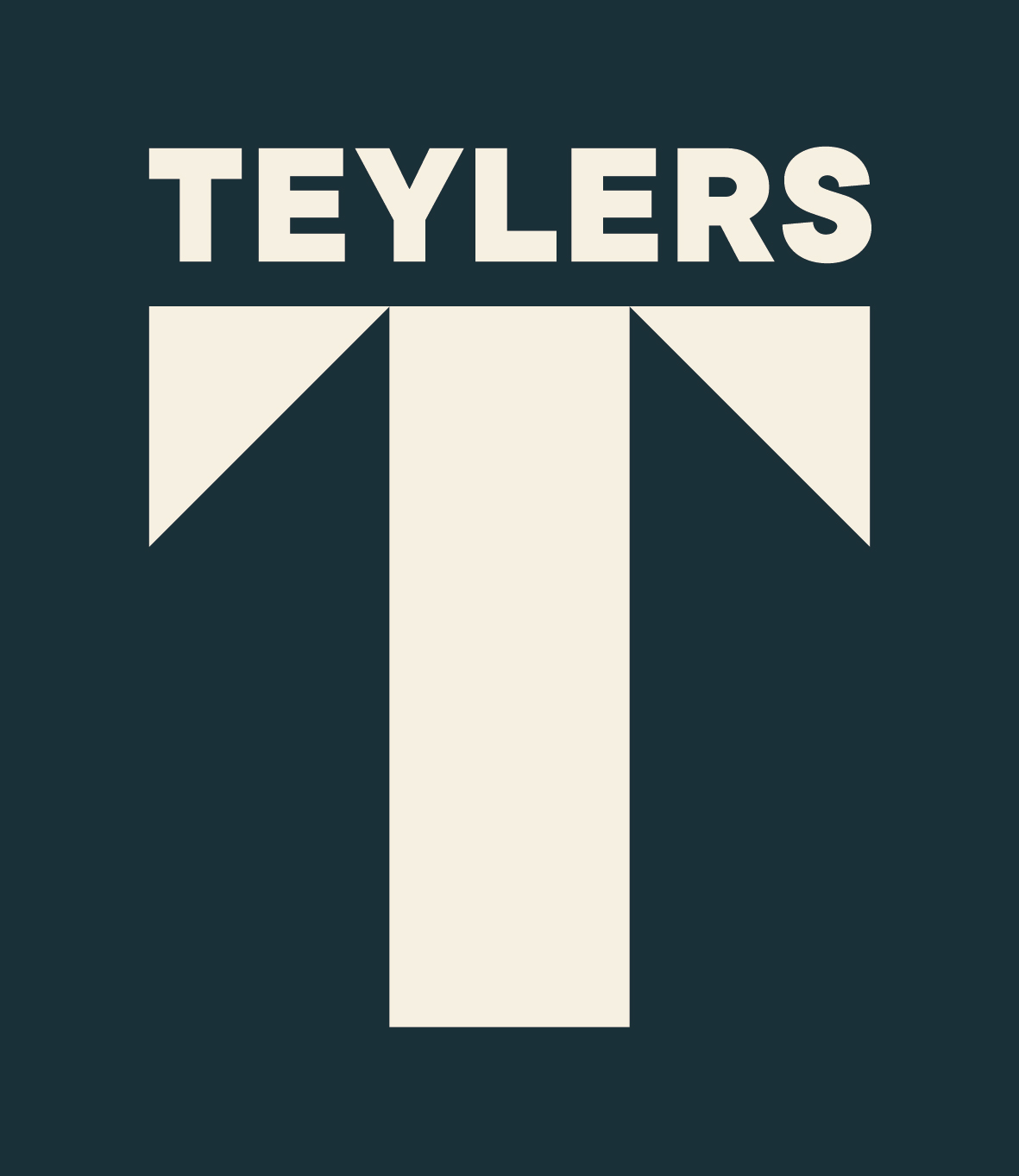Home page
Teylers Museum
Teylers Museum was established in 1784 as a modern research and knowledge exchange institute of the arts and sciences. Its collections have been purchased for research, debate and to make knowledge accessible and to disseminate it. Teylers Museum is the only museum in the world housed in an authentic building and interior dating back to the eighteenth century, where the collections have been preserved in their historical context.
Teylers Museum’s collection is of national and international significance. It comprises prints and drawings, paintings, coins and medallions, instruments, fossils and minerals, and a historical library of the natural sciences. The collections are strongly interrelated and exceptionally well documented. This is due in part to the preservation of the Archive of the Teylers Foundation, which holds, among other things, correspondence and financial records dating back to 1780 concerning the acquisition, use and placement of the objects making up the Teylers Museum collection.
Disclaimer Historical Library and Object Documentation
Possible offensive content in the historical library and object documentation of Teylers Museum.
Some publications in the historical library contain racist images and/or descriptions of people or cultures. These reflect the colonial history of Western Europe, the context in which much of the knowledge of natural history was acquired. This also holds true for the documentation of some of the objects in the museum collection, which was built and provided with descriptions during the past 250 years. The Teylers Museum team acknowledges this complex and hurtful legacy and its impact on science, the arts, culture and society today.
Although this hurtful content conflicts with the core values of Teylers Museum, we make it available as an integral part of the collection. The aim of the library is to provide the most comprehensive view possible of the development of scientific knowledge in Western Europe. If we were to remove or conceal undesirable content, the evidence of such injustice would disappear. Instead, we acknowledge the painful content to learn from it, to initiate dialogue and to create a more inclusive future together in this way. By adding as much background information as possible, we provide a modern-day context for the charged books and objects.
